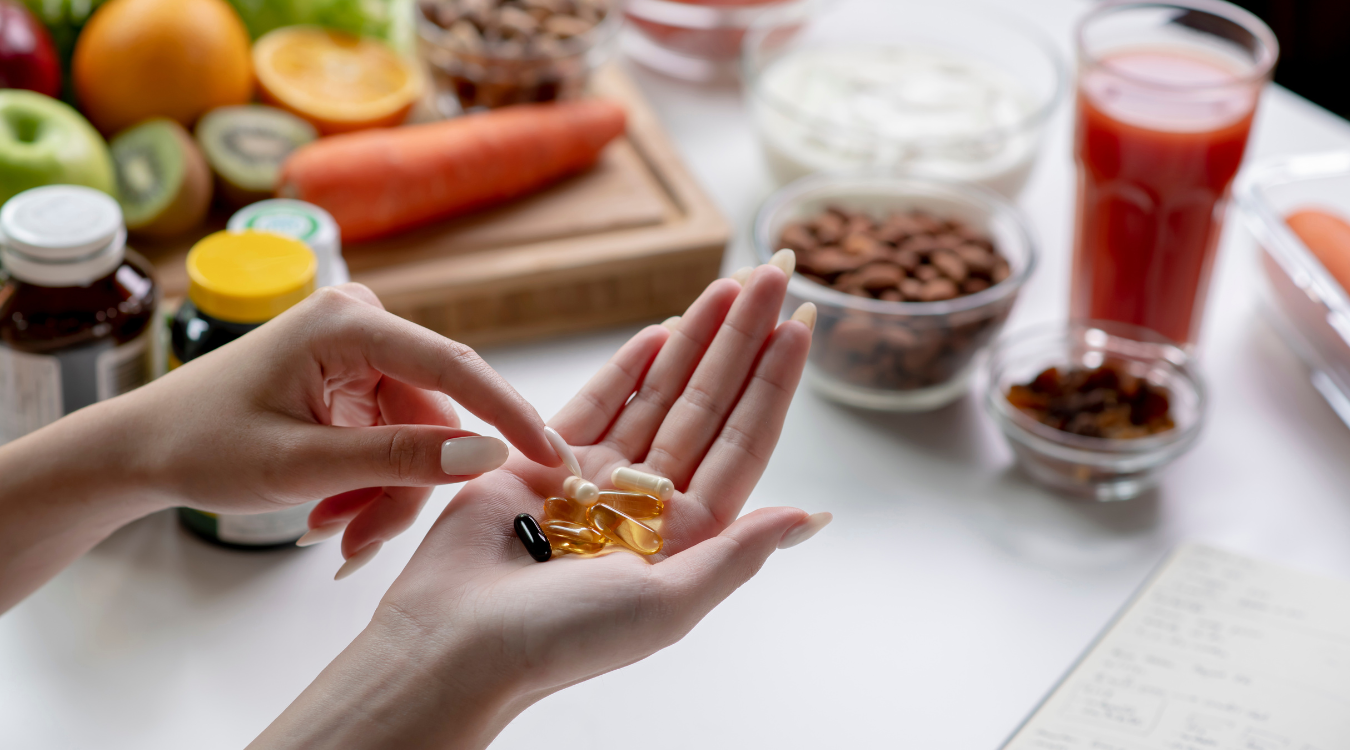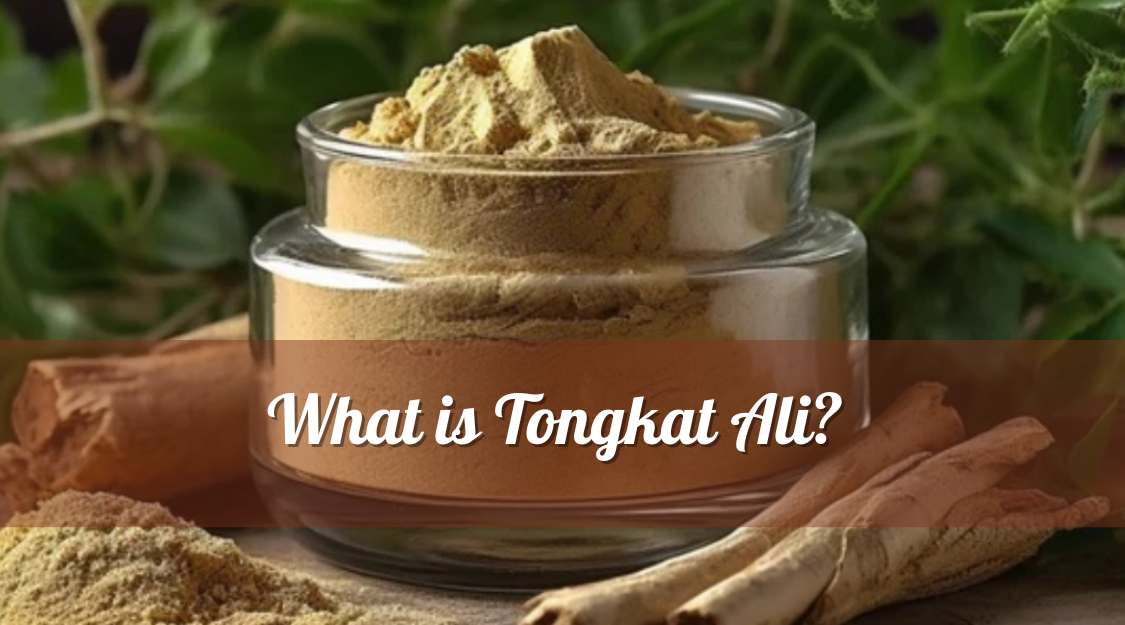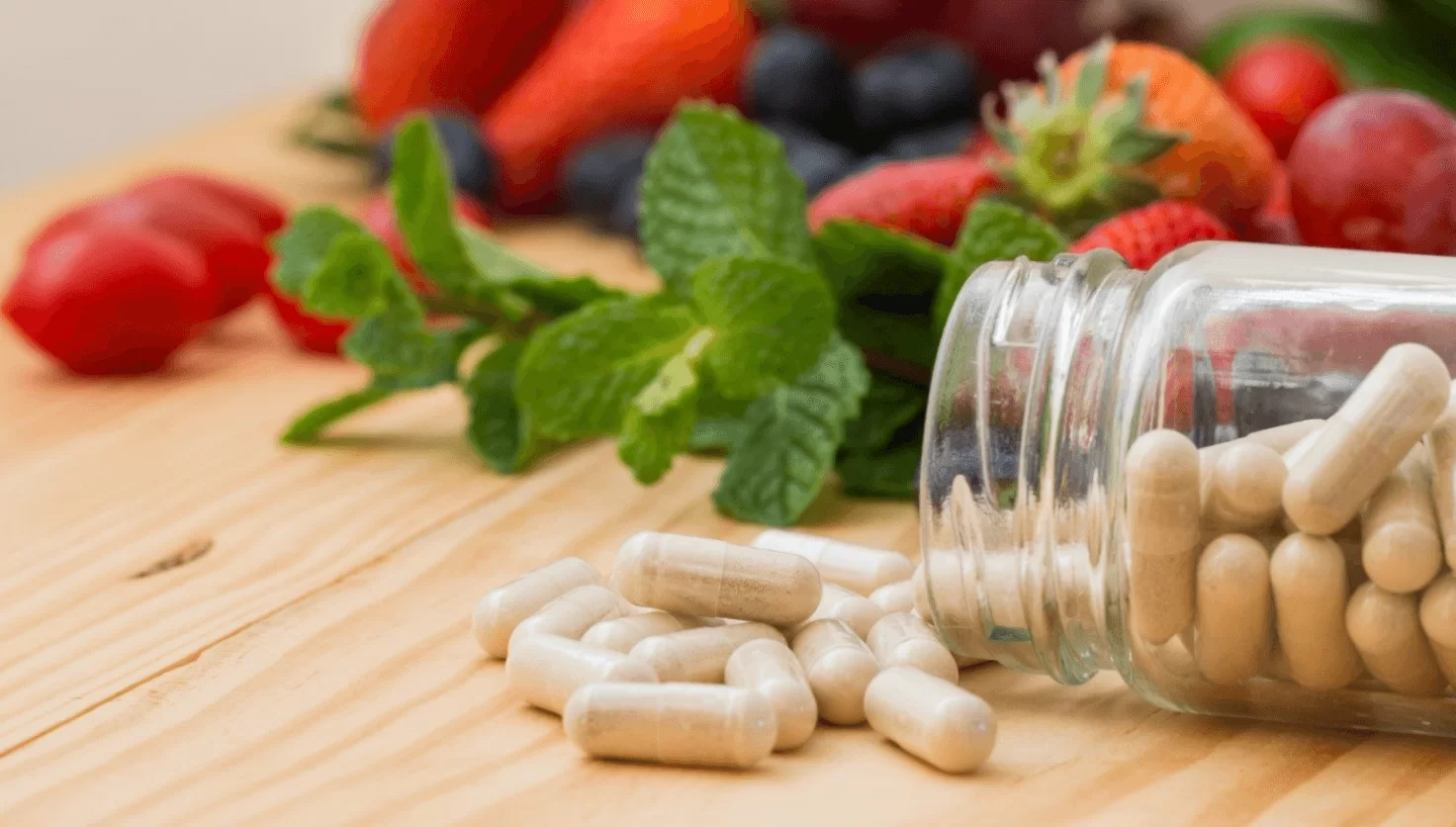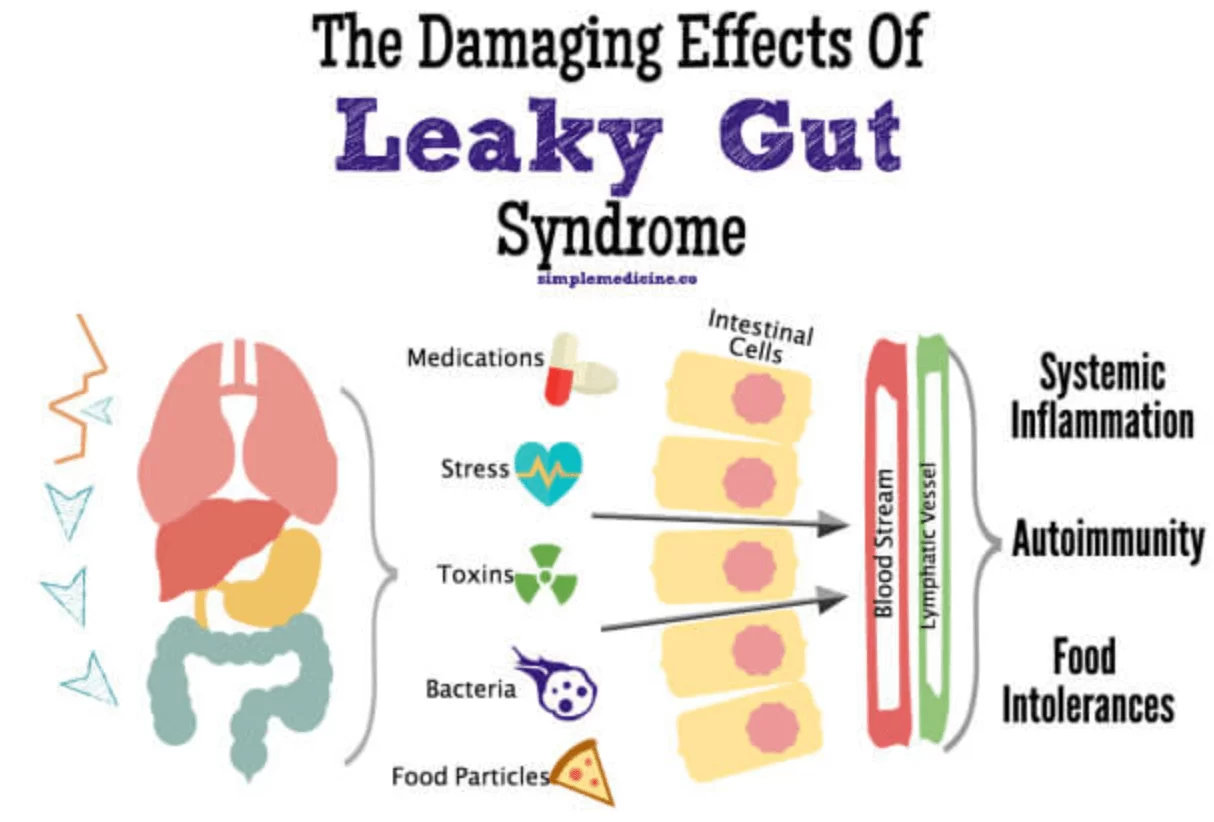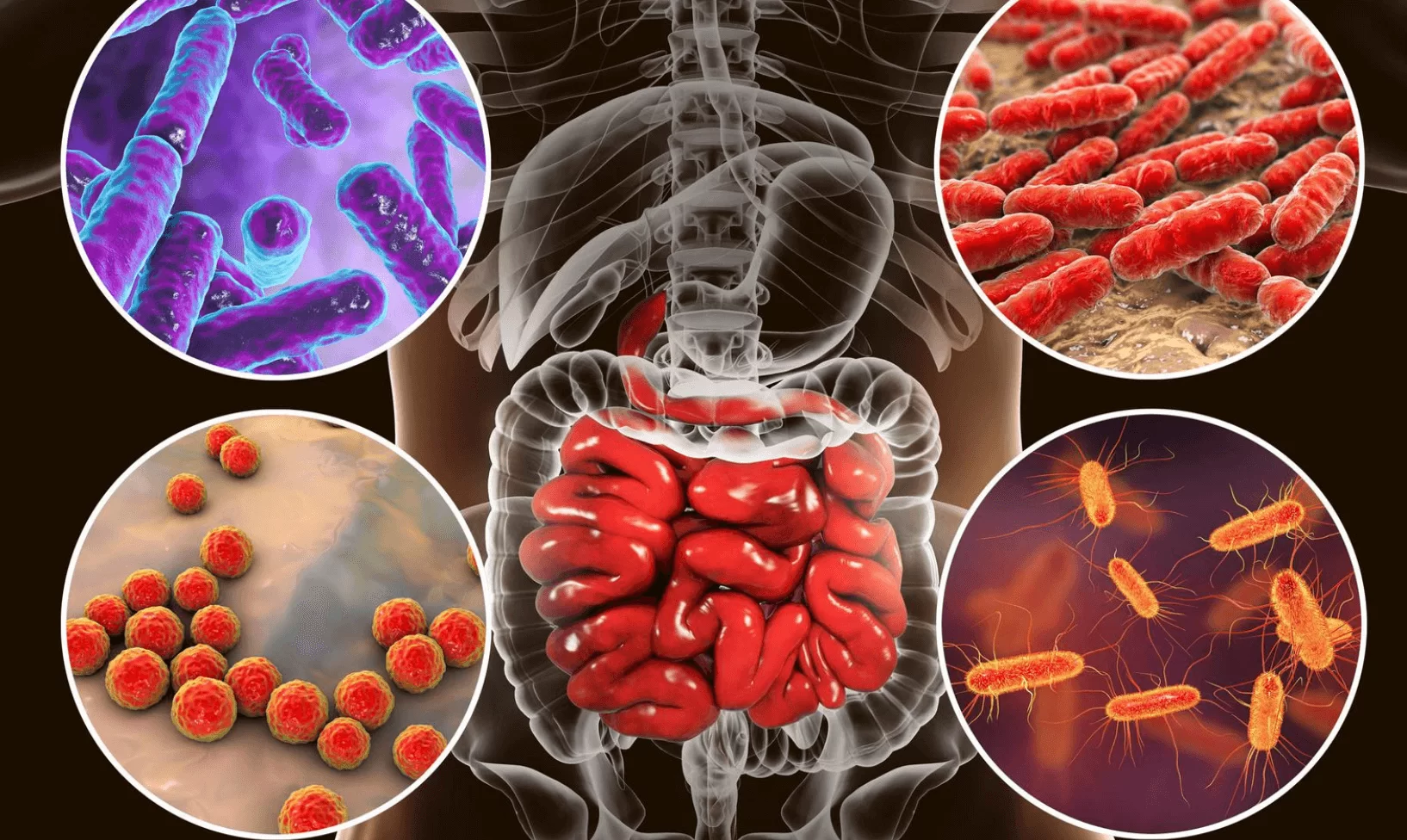
Signs of Poor Gut Health in Toddlers: How to Recognise and Restore Balance
Gut health in toddlers is more important than most parents realise. Behind every tantrum, tummy ache, or rash might lie an imbalance in your child’s delicate gut microbiome. As a naturopath, I often explain to parents that the gut is the root system of the body—when it’s off balance, everything from immunity to mood can be affected.
In this guide, we’ll explore the signs of poor gut health in toddlers, how to spot them early, and what gentle, natural remedies can help restore harmony.
Why Gut Health Matters for Toddlers
A toddler’s gut is still developing. This means it’s more vulnerable to imbalance caused by antibiotics, poor diet, stress, or even C-section birth and lack of breastfeeding, which can all impact the initial colonisation of gut flora. The gut microbiome is a living ecosystem of bacteria, yeasts, and even viruses. In healthy balance, it helps digest food, synthesise vitamins like B12 and K2, protect against pathogens, and train the immune system. When this harmony is disrupted—a condition known as dysbiosis—you might start seeing symptoms not just in digestion, but also in mood, sleep, and skin.
Recognising Gut Imbalance in Toddlers
Symptoms can manifest subtly or in more obvious ways. Digestive distress is often the most common sign—chronic diarrhoea, constipation, bloating, or excessive gas can all suggest an imbalance. But the signs often go beyond the tummy. Many children with gut issues develop eczema, cradle cap, or persistent nappy rash, which are all red flags for inflammation within the gut lining. Behavioural changes may also arise. If your once-cheerful toddler becomes unusually irritable, moody, or has difficulty sleeping, consider their gut as a potential root cause. Food sensitivities, especially to dairy or gluten, often emerge during this phase as well. Additionally, if your child frequently battles colds, ear infections, or thrush, it could be a sign that their immune system—deeply connected to the gut—is struggling to keep up.
Common Causes of Gut Imbalance
Several factors may throw a toddler’s gut flora out of balance. Antibiotics, while sometimes lifesaving, don’t distinguish between harmful and helpful bacteria and can wipe out microbial diversity. Diets high in sugar and processed snacks feed unwanted microbes like Candida albicans, encouraging overgrowth. Birth method also plays a role: C-section deliveries limit the infant’s exposure to maternal vaginal flora, which is crucial for early microbiome development. Additionally, formula feeding may lack the complex sugars—called human milk oligosaccharides—found in breast milk, which act as prebiotics for beneficial bacteria.
Gentle Ways to Restore Gut Health Naturally
One of the most effective ways to support toddler gut health is through food. Introducing small amounts of fermented foods, like plain yoghurt or kefir, can seed the gut with probiotics. For very young children, even a teaspoon of sauerkraut juice mixed into food can help—but always check with your healthcare provider before introducing these. Prebiotic foods are equally important. Root vegetables like carrots and sweet potatoes, bananas, and oats gently feed good bacteria without overwhelming a sensitive digestive system. Herbal support is also available, though best used under supervision. Herbs like slippery elm and marshmallow root are mucilaginous, meaning they coat and soothe inflamed intestinal lining, providing relief from irritation.
Reducing sugar is a simple yet powerful step. Harmful microbes thrive on sugar, and cutting back on sweet snacks can rebalance flora and often leads to noticeable changes in mood and digestion. Creating a calm home environment and prioritising sleep are just as crucial. The gut and brain are intimately connected via the vagus nerve, and stress—even in toddlers—can impact digestion. Predictable routines, comforting bedtime rituals, and limited screen time help regulate both nervous and digestive systems.
FAQ: Addressing Common Questions
You might be wondering whether probiotics are safe for toddlers. The answer is yes, provided they are age-appropriate. Strains like Lactobacillus rhamnosus GG and Bifidobacterium infantis are well-researched for use in children and can be beneficial when used correctly. If your child was born via C-section, you may worry that their gut is permanently compromised. Thankfully, with nurturing care, diet, and the right support, their microbiome can flourish. As for dairy, it isn't inherently bad. Some toddlers tolerate it well, while others may show signs of sensitivity such as eczema, mucus, or digestive distress.
Imagine a Happier, Healthier Child
Imagine your child waking up refreshed, with calm digestion, glowing skin, and steady moods. No more rashes, no more sleepless nights due to tummy aches, no more unexplained tantrums. This is the power of a balanced gut. By recognising the signs of poor gut health early and responding with mindful choices—like gut-nourishing foods, calming routines, and expert support—you’re laying the foundation for your child’s lifelong health.
A Gentle Call to Action
Start by trusting your instinct. Observe your child with curiosity and compassion. If something seems off, keep a journal of what they eat and how they react. And don’t hesitate to reach out for guidance. Often, it’s the small changes made early that yield the most powerful, lasting results.




 How to Test Gut Health: Adult Gut Repair Guide
How to Test Gut Health: Adult Gut Repair Guide
 How to Check Gut Health at Home: Best Tests, Tools & What Your Results Mean
How to Check Gut Health at Home: Best Tests, Tools & What Your Results Mean


